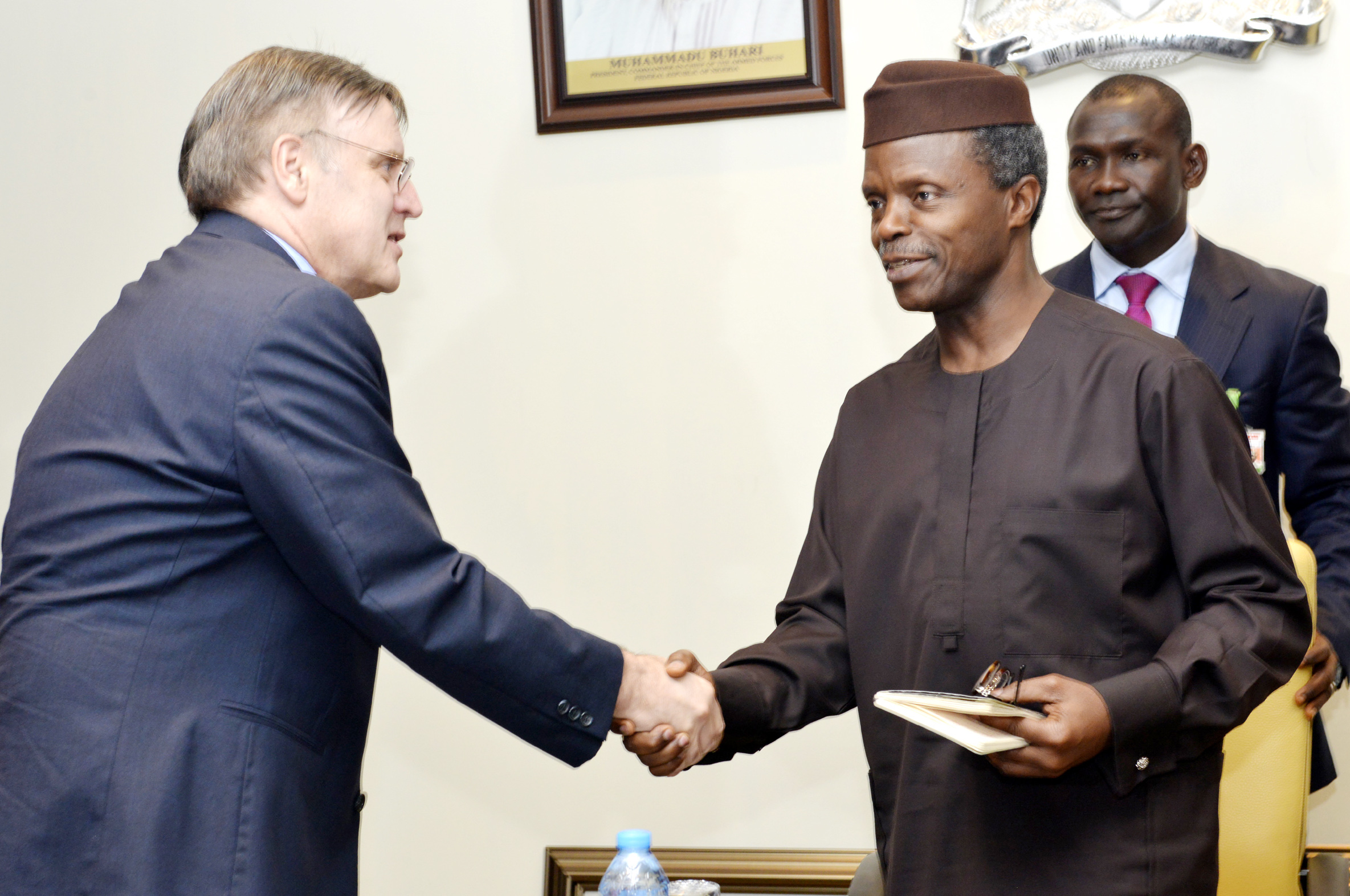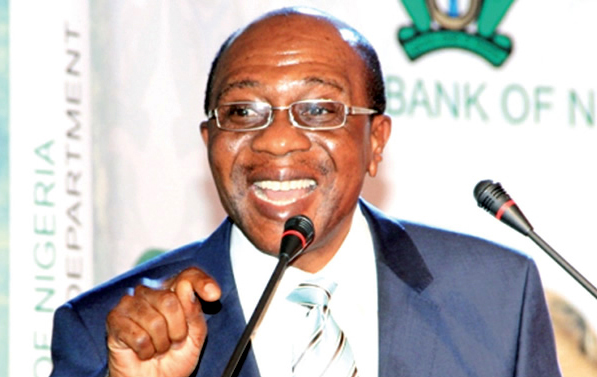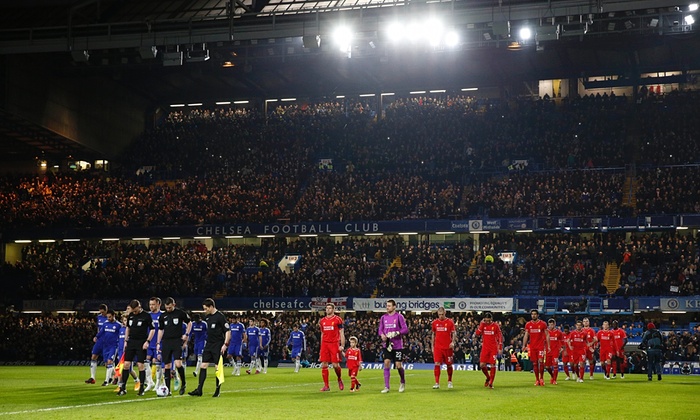Vice-President Yemi Osinbajo has maintained that the President Muhammadu Buhari administration will not be devaluing the naira.
The vice-president said devaluation of the naira is not an appropriate option in the current economic realities in the country, saying it offers no solutions as far as the administration is concerned.
Osinbajo corroborated Buhari’s stance, earlier stated in while speaking with France 24 when he visited Paris in September.
The VP expressed this in his office on Thursday, while receiving ambassadors from Italy, Canada and a delegation of top executives from Citigroup, led by Jim Cowles.
Advertisement
“I don’t agree on devaluation and it is not that I am doctrinaire about it. In the first place, it is not a solution-we are not exporting significantly. And the way things are, devaluation will not help the local economy,” he said.
“What we need to do is to start spending more on the economy and then things will ease up a bit”.
He outlined plans to set-up a $25b infrastructural fund which would be sourced from local and international avenues including Nigeria’s Sovereign Wealth Fund (SWF) and also the pension fund.
Advertisement
The professor of law said SWFs would be deployed in addressing the nation’s decaying road, rail and power infrastructures, adding that “this is our approach to speeding up the country’s infrastructural development.”
Foreign reserves
He said the country’s foreign exchange policy is in place so “we don’t deplete our foreign exchange substantially”, while keeping foreign direct investment (FDI) from being affected.
“I am not sure devaluation is the issue, but how to ensure foreign direct investment which is more useful,” he added.
He disclosed that the federal government would work with the Central Bank of Nigeria to ensure that legitimate businesses are not badly impacted by the current forex policy, especially those who have previous contracts and loan commitments.
Advertisement
According to Laolu Akande, Osinbajo’s senior special assistant on media and publicity, the vice president received the Italian ambassador to Nigeria, Fulvio Rustico and the Canadian high commissioner in Nigeria Perry Calderwood (pictured, with the VP).
Emir of Kano and former CBN governor, Muhammadu Sanusi II, had last week asked Buhari to remove fuel subsidy and devalue the naira in order to attract the needed investments into the economy.
Speaking at a ceremony in Lagos, Sanusi asked: “Does it make sense at this time for the government to continue paying petroleum subsidies? It does not! When you are not earning because oil prices are down, you have to shut down those expense lines that had been known historically to be the site of rent-seeking. Fuel subsidy has to go, our tax base has to expand, value added tax (VAT) has to go up. We can’t continue having an economy in which we collect tax from oil, collect tax from telecoms companies, and then 60-70 per cent of the Gross Domestic Product (GDP) does not pay taxes. This is something that has to be looked at.
“I know that the government has announced its position on exchange rate, subsidy and as you all know, I am a very strong supporter of this administration. I would like this administration to succeed. But a friend does not tell the government what it wants to hear. A friend tells the government when he feels it is wrong. So, it is wrong to continue with the fuel subsidy. It is wrong to continue to pretend that you can keep the naira at a certain level, when the price of oil is falling, without depleting your reserves. You have to make a choice.
Advertisement
“If we continue along this trajectory, with the weak balance sheet of government and a tight monetary policy, in the face of falling oil prices, we are setting the economy up for a long period of very low growth and we cannot afford that given our population and given our growth rate…The president needs help on the economy and it is extremely important to understand that even if you have security, even if you fight corruption, you still need to have jobs, power, you still need to build agriculture, attract investments and that cannot be done if we continue dismissing the view of investors and foreigners who want to bring money into this country.”
2 comments







Tell me; in the past when investors brought money into the country: what was the impact? I will be bought over on devaluation debate if the impact was credible and profound
when Banks were hiring whose money was behind it. When infrastructure was being provided via Telco’s and they were hiring, whose money was behind it?
Please go and study more… if you think our local investors have been funding any of Nigeria’s progress bar small scale investments in agric then you know nothing.
The current slow down is because FDI has all but dried up